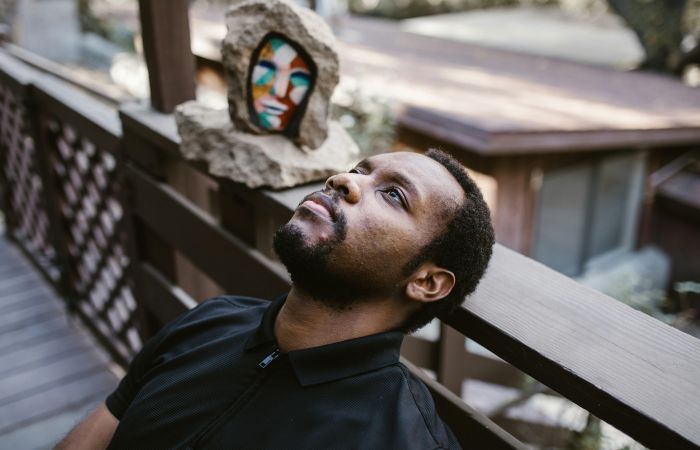
Here Are 5 Countries That Are Still Not in 2025
While most of the world follows the Gregorian calendar and has stepped into 2025, some countries and cultures track time differently.
These nations use traditional calendars that place them in completely different years. From ancient lunar cycles to religious calculations, timekeeping varies more than you might think. Here’s a look at some places that are living in a different era—at least on paper.
Ethiopia follows the Ethiopian calendar, which is about seven to eight years behind the Gregorian calendar. This system has 13 months—12 months of 30 days each and a short 13th month of five or six days. Their New Year falls on September 11 (or 12 in a leap year), meaning Ethiopia will enter 2018 while the rest of the world is in 2025.


Iran and Afghanistan use the Persian (Solar Hijri) calendar, which is based on the solar cycle and starts from the migration of the Prophet Muhammad. Their new year, Nowruz, falls around March 20-21. While the Gregorian calendar marks 2025, the Persian calendar is in the year 1403.
These countries follow the Buddhist calendar, which is 543 years ahead of the Gregorian system. The year count starts from the passing of Buddha, making 2025 in the Western world equivalent to 2568 in Buddhist countries.
The Hebrew calendar, used for Jewish religious and official events, follows a lunisolar system. Based on this calculation, the current Hebrew year is 5785. The Jewish New Year, Rosh Hashanah, typically falls in September or October and marks the transition to the next year.
The Islamic (Hijri) calendar is based on the lunar cycle and is about 10-12 days shorter than the solar year. Saudi Arabia and some other Muslim-majority nations use this calendar for religious events, and the current year is 1446 AH (Anno Hegirae), which started in July 2024.
Even though the world widely recognizes 2025, timekeeping remains diverse. These calendars reflect the history, culture, and spiritual beliefs of their respective nations. So, depending on where you are, you could be living in 2017, 1403, 2568, or even 5785!


















